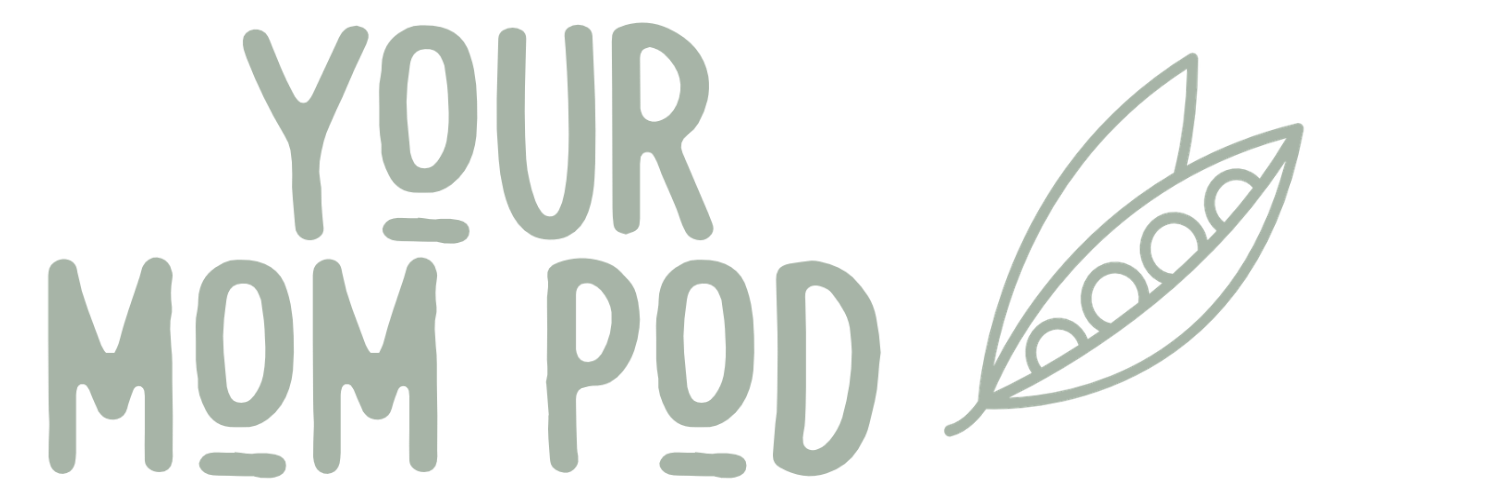Potential trigger: Discussion of Postpartum Mood Disorders
Recently there has been an increase in discussion regarding the need for more postpartum support for moms. The pandemic has helped increase awareness, but the bottom line is that new parents, especially moms, are often feeling exhausted and overwhelmed.
Concern about postpartum mood disorders (PMADs) is a common worry for pregnant mothers. It can be difficult to know what to expect and difficult to know what is “normal” as far as mood variability.
There are many resources available, but sometimes sorting through the information can be daunting. Accordingly, I want to share links to reliable information sources.
Here is some information about PMADs, including risk factors.
One of the leading preventative measures for PMADs is prioritizing sleep. Unfortunately, there has been a societal expectation that sleep deprivation is “normal and expected,” and women feel like they need to simply push through.
Yet, the research is clear. When new moms are able to prioritize their basic needs, especially their sleep hygiene, the postpartum experience is more positive for everyone.
Many women feel that if they are on maternity leave, and their partners are working, they should prioritize their partner’s rest. However, it is important to remember that maternity leave is not a “vacation.” Even for the most “straightforward” labor and delivery experiences, there is intense physical healing that needs to happen. (Unfortunately, much of the healing is internal, and the “out of sight, out of mind” mentality becomes a variable.)
As we increase discussion around the importance of postpartum support, we are able to reduce the stigma that often results in women suffering in silence.
Another great resource for all things perinatal is Postpartum Support International.
They have numerous online support groups.
There is a national hotline dedicated to maternal mental health: 1-833-TLC-MAMA (1-833-852-6262)
"Every mother or mother-to-be, across our nation, should have access to the help and support they need to be healthy. This hotline is one way our Administration is prioritizing maternal health and wellness,”
- Vice President Kamala Harris
Finally, here is some very specific information regarding postpartum psychosis. Please know that this is considered a rare condition and one that can be successfully treated.
My hope is that as open and honest discussion about the perinatal time period continues to evolve, families will get the support that they need.
